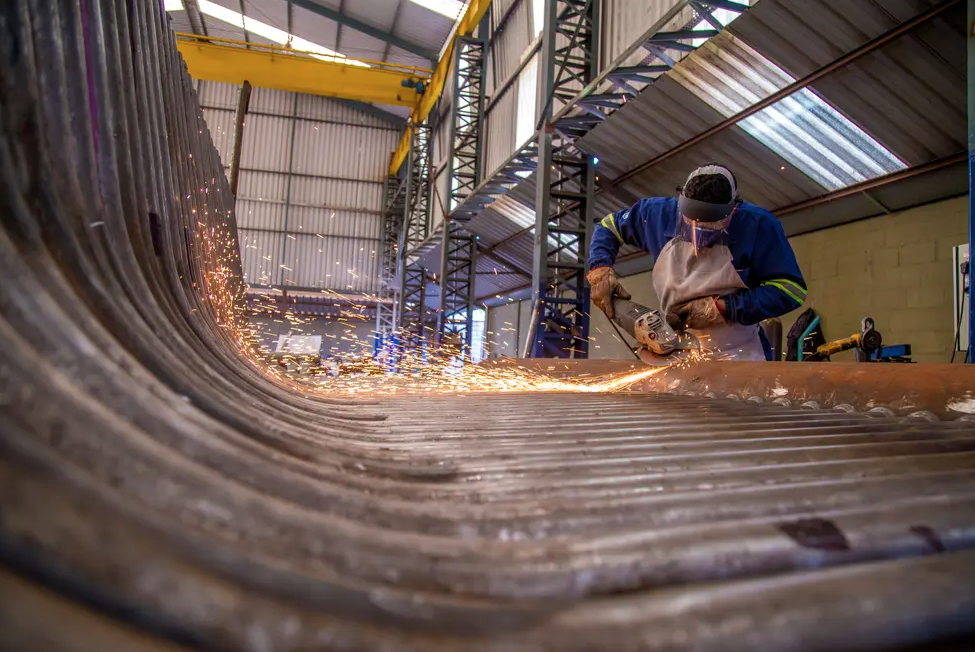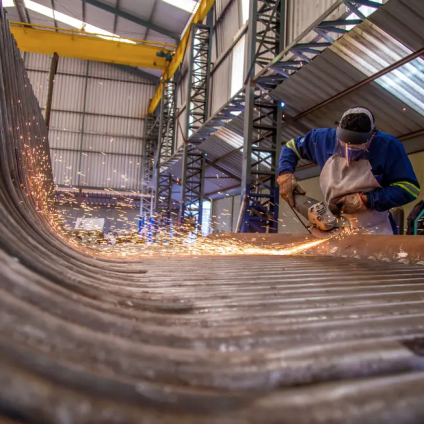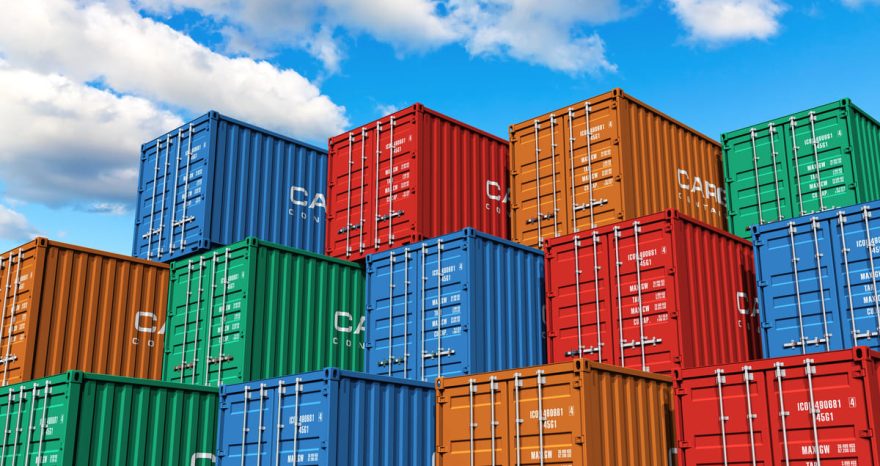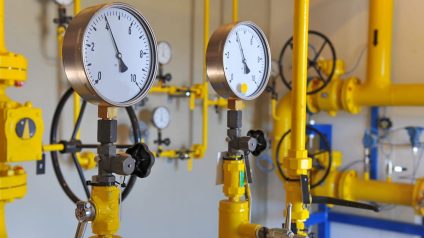The new incentive, still under definition, could limit electricity prices to 6 cents per kilowatt hour. Habeck: "Energy-intensive companies should continue to be able to produce competitively in our country"
Berlin is discussing the new “bridge price” with representatives of the Alliance for the future of industry
(sustainabilityenvironment.com) – Germany is ready to help its energy-intensive industry by allocating new energy subsidies. The Federal Ministry of Economy had anticipated this on 5 May by publishing the working document on the price of electricity for the sector. And yesterday the ministry has met the representatives of the Alliance for the future of the industry in order to discuss of the new mechanism “Industriestrompreis”; a means by which to sweeten the bills, helping energy-intensive companies to continue on the path of transition without losing competitiveness.
Short-term energy subsidies for German industry
According to the ministerial draft, the idea is to introduce in this decade a “bridge electricity price” of six cents per kilowatt-hour for a “specifically defined” group of German industry companies. To rejoin the circle, companies will have to implement a series of energy efficiency measures and make a commitment to become carbon neutral by 2045.
The beneficiary companies would be reimbursed the difference compared to the average price of electricity on the stock exchange. The incentive will be financed through the resources of the Economic Stabilisation Fund and should be applied to 80% of the consumption of the enterprise. How much will be put on the table? The final figure is still uncertain, but the Minister of Economy Robert Habeck estimates about 4 billion a year.
The electric price of processing
From 2030 onwards the Government provides for a “price of electricity transformation”. No fixed amount in this case: The price for German industry will be based on a number of mechanisms such as Contracts for Difference (CfD) and PPA contracts to buy low-cost renewables.
“Germany’s prosperity is also based on its strong industrial base and we will continue to need this solid foundation in the future,” said Habeck. “We have managed to stabilise the situation by curbing energy prices, but we must not jeopardise what we have achieved. The German industry […] is about to convert to the processes needed for climate-neutral production around the world. We must support her on this path. The objective is clear: Energy-intensive companies should continue to be able to produce competitively in our country”.













